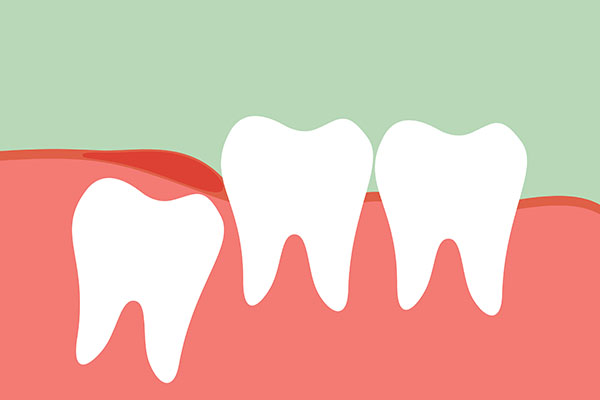A General Dentist Explains How Undergoing Cancer Treatment Affects Your Dental Health

Seeing your general dentist regularly is a major part of maintaining overall health. Caring for your mouth can help reduce the risk of developing conditions that affect the whole body. In the same way, cancer treatments for one area of the body can affect your dental health. Whether you are getting ready to undergo cancer treatments or are currently undergoing treatments, you need to see a general dentist.
Why see a general dentist?
It is crucial for you to place a focus on your overall health during this time. Cancer patients often develop dental problems as a result of their treatment. These problems can even interfere with the effectiveness of your cancer treatments.
According to the National Institute of Dental and Craniofacial Research, 40% of cancer treatment patients have the risk of developing oral complications. If you receive stem cells, this risk grows to 80%. By seeing a dentist, you can get professional assistance before these problems cause serious harm. A dentist understands the unique challenges cancer patients face and will help preemptively treat these issues.
How undergoing cancer treatment affects dental health
Dental patients who are undergoing cancer treatments may experience various forms of physical complications during the treatment process. This goes for both radiation treatment and chemotherapy. The list below includes three different ways cancer treatments can potentially affect your health.
Viral or bacterial infections
Cancer treatments increase a patient’s risk of being diagnosed with a viral or bacterial infection in their mouth. If the infection is not treated promptly, it will only continue to get worse. It is possible for a mouth infection to become so severe that it prevents you from receiving further treatment. The dentist will have to address the issue before you can treat the cancer.
A reduction in saliva flow
According to the National Cancer Institute, it is common for chemotherapy to cause a dry mouth. This might happen from damage to the salivary glands. Once you have a dry mouth, you have an increased risk of developing sores, gum disease and tooth problems. The salivary glands often function normally once treatment ends, but it can vary depending on the treatment method.
Swallowing problems
It is not uncommon for cancer patients to have difficulty swallowing. This can happen before, during and after treatment. This can make eating painful and cause poor nutrition. You are also at a higher risk of getting pneumonia if you cannot swallow. Swallowing tends to become easier once treatment ends.
Would you like to schedule an appointment?
Cancer treatments are effective in killing cancer cells but can damage other areas of the body. For this reason, it is not uncommon to see oral health issues during treatment. By working with a dentist, you can manage these problems to prevent any complications with your therapy. Call our office if you will undergo or are in the middle of receiving cancer treatment. The general dentist can help you stay healthy during this time.
Request an appointment here: https://www.drelloway.com or call Randal S. Elloway DDS, Inc at (530) 527-6777 for an appointment in our Red Bluff office.
Check out what others are saying about our services on Yelp: Read our Yelp reviews.
Related Posts
Your third molars are your wisdom teeth. These teeth appear between 14 and 30 years old. Your mouth is not big enough to have two third molars on the upper jaw and another two on the lower jaw. This results in third molars growing in incorrect positions. Infection is a common outcome of wisdom teeth.…
People often have wisdom teeth extraction performed when these teeth come in behind the second molars of the upper and lower jaw. Wisdom teeth appear between the ages of 17-25 and may crowd the other teeth, causing pain and possibly changing the bite of the teeth. Those who undergo an extraction often have questions about…
There are numerous reasons why dental professionals recommend wisdom teeth extraction, and one is to prevent teeth misalignment. Wisdom teeth are the third molars located in the lower and upper parts of the jaw, behind the other molars on both sides. The teeth generally appear years after the other permanent teeth have come up. In…
If your wisdom teeth have begun to emerge, it is time to speak to your dentist. When these teeth are impacted, they can have some serious effects on your oral health. It is important for you to understand the risks these teeth pose and the steps you should take. Your dentist can walk you through…


